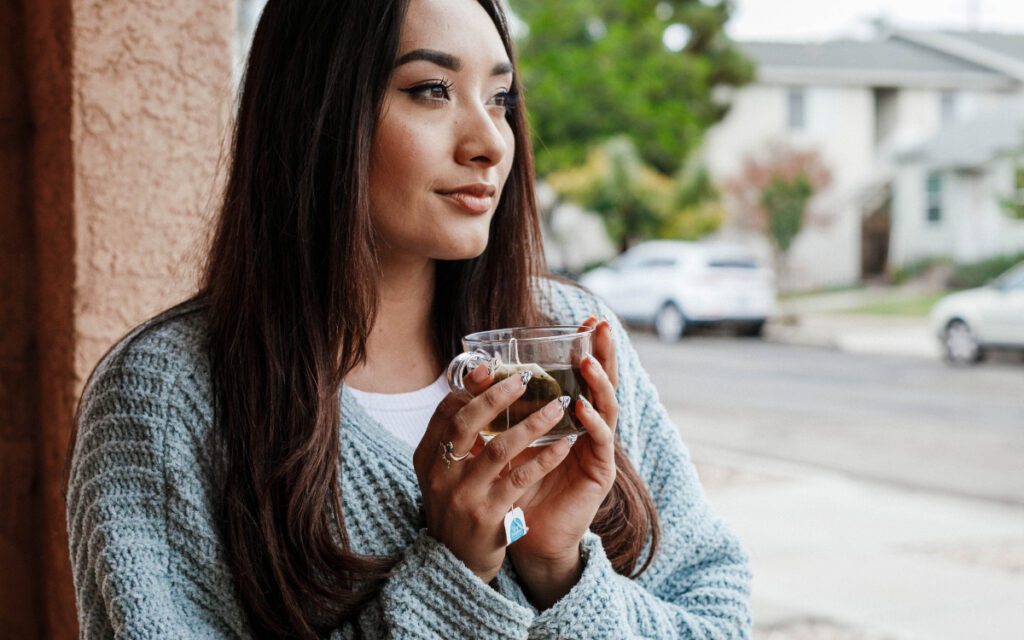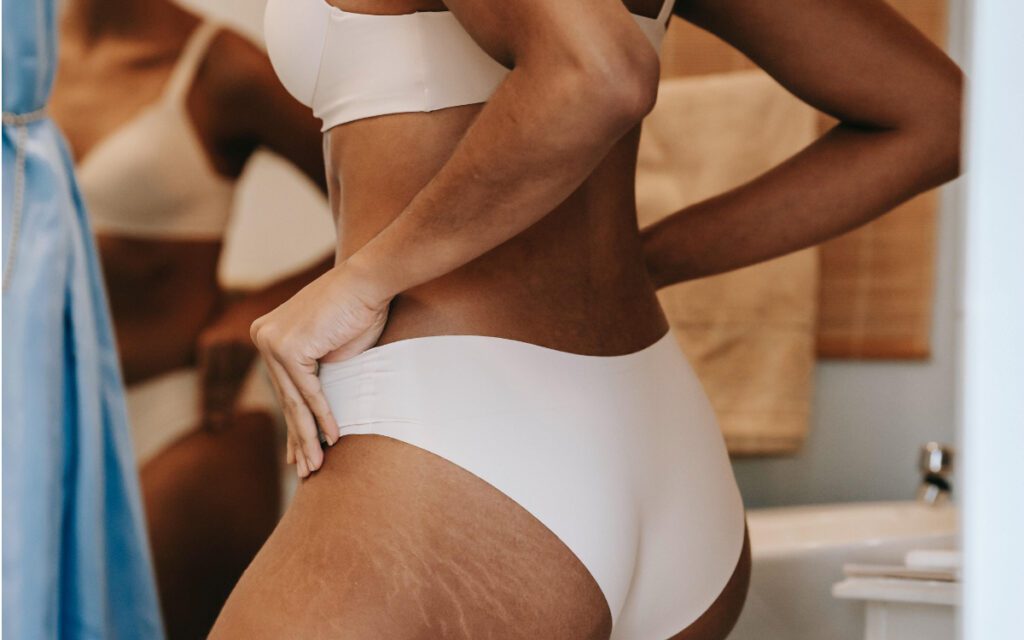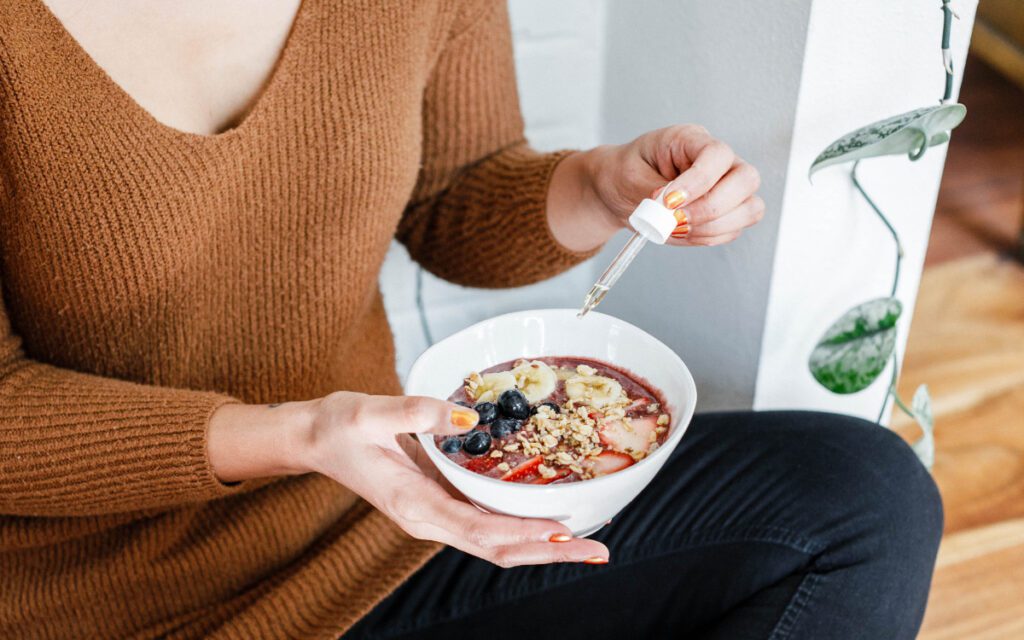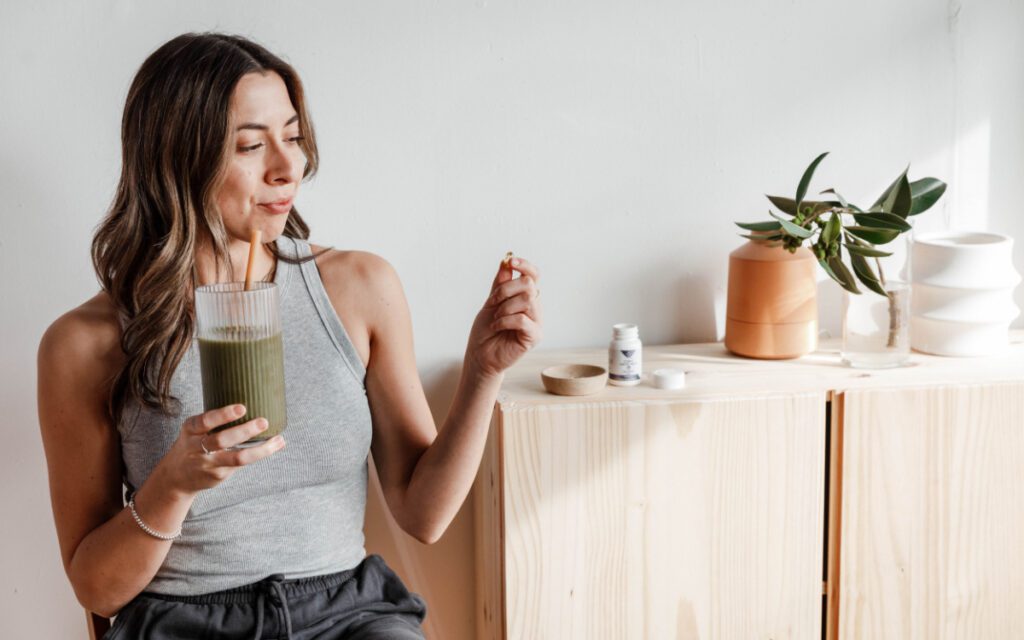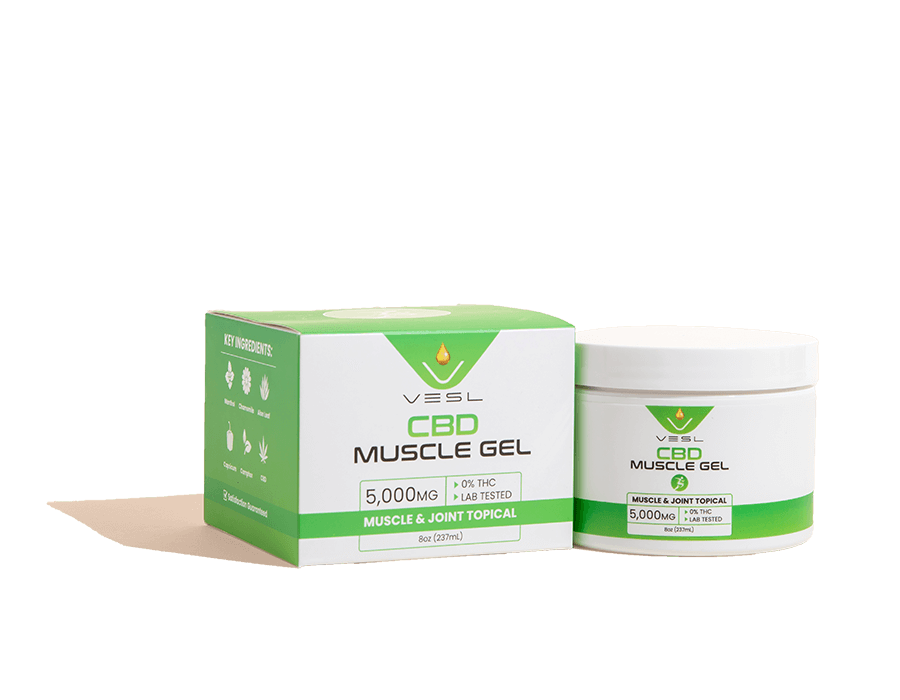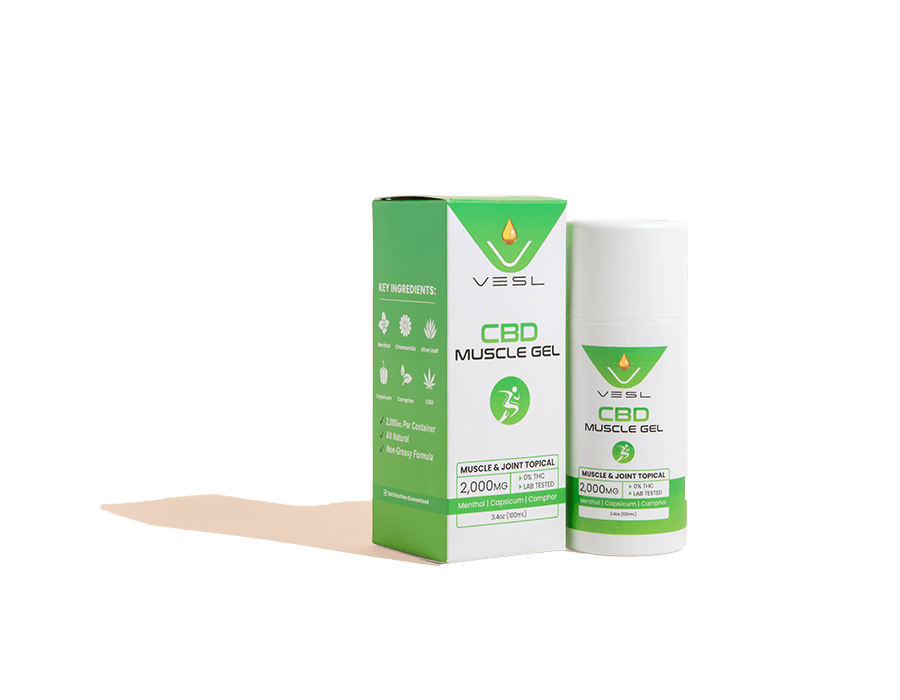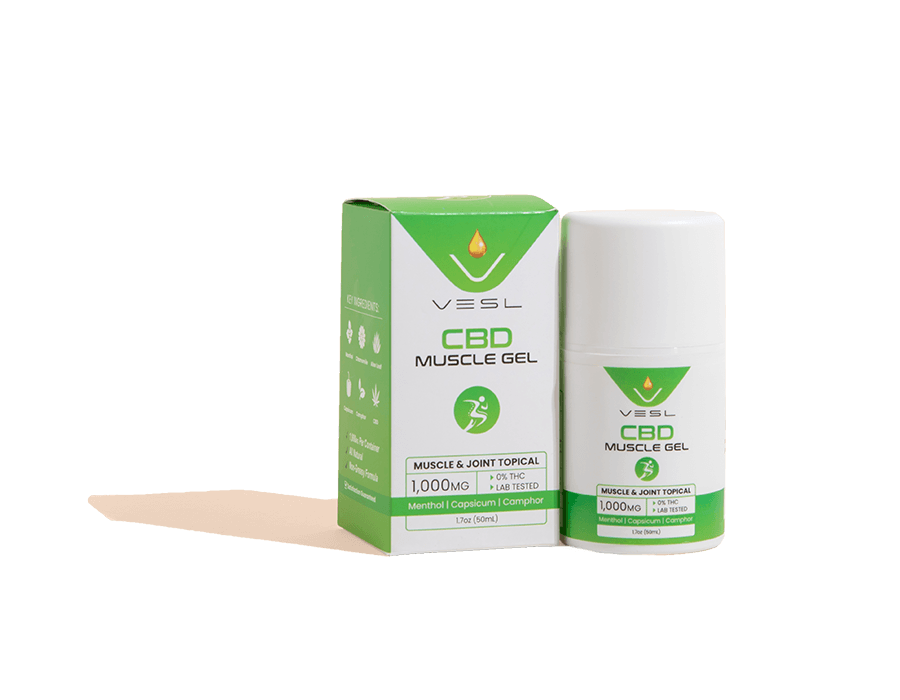Postpartum depression is a common type of depression that can happen to women after giving birth. Some call it the “baby blues”. Its symptoms may include feelings of sadness, fatigue, anxiety, and being overwhelmed. These are normal because we know that mothers of newborn babies experience a lot of struggles. The battles seem endless, from hormonal changes after giving birth to a lack of sleep every night.
Baby blues usually go away within a week without any treatment. But if your symptoms lasted for 2 weeks and more, you might be suffering from postpartum depression. PPD affects not just the mother but also her child, so to help those who are at risk, treatments such as antidepressants may be offered by your health provider. However, there is a big concern for mothers because of how it may affect their children through breastfeeding. So we’ll talk about a woman’s postpartum depression journey and the natural ways to help their healing process.
Not just the “Baby Blues”
Although PPD is considered a common and serious illness, there is still a stigma surrounding it. Some mothers prefer to suffer in silence because they are ashamed about seeking help, and hold concerns about being branded a ‘bad mother’ if they acknowledge that they are battling depression.
But the time has changed, now, we have more understanding of the different mental illnesses and their impact on those who experience them. Because of this, moms have more chances of getting the help they need on their postpartum depression journey.
Postpartum Depression Journey: What are the causes?
Many factors may trigger the symptoms of PPD. It might be one or a combination of the following:
Hormonal changes
Pregnancy increases a woman’s hormones while childbirth decreases them back to their normal, pre-pregnancy levels. The sudden drop in female hormones may contribute to mood issues that may eventually turn into depression.
Low levels of thyroid hormones
Levels of thyroid hormones may also drop after giving birth and this can cause symptoms of depression.
Inflammation
A recent study published in Brain, Behavior, and Immunity suggests that inflammation and the kynurenine pathway may be connected to postpartum depression
Nutritional deficiencies
The fetus’ increasing energy needs, morning sickness, food cravings and aversions, and poor diet make the mother-to-be extra susceptible to nutrient deficiencies. And this may affect the mother’s mental and physical health during and after giving birth.
Stress
Feeling stressed is normal for new mothers and their families. But if not properly managed, it can lead to other mental health issues such as depression and anxiety.
Lack of sleep
One of the most expected challenges of bringing home a newborn baby is the lack of sleep, especially for the mother. But both your mental and physical health will deteriorate if you fail to get proper and enough sleep for a long time.
Little to no emotional support from the family
It is very important that mothers feel loved and supported during and after giving birth. But some may get little support from their husbands or family.
Postpartum Depression Journey: What are the signs and symptoms?
How often postpartum depression symptoms occur, how long they last, and how intense they feel can be different for each person. Its symptoms are similar to those of depression but may also include:
- Not feeling the connection to your baby
- Constant worries that you will hurt your child
- Feeling guilty about not being a good mom
- Doubting your ability to care for the baby
- Crying more often than usual for no reason
- Unexplained feelings of anger
- Feeling alone and withdrawing from loved ones
What about Puerperal psychosis?
Puerperal means six weeks after childbirth and psychosis is any form of mental illness in which you lose contact with reality. This rare, most extreme form of postnatal depression can include high mood (mania), depression, confusion, hallucinations, and delusions. It’s a serious mental illness and should be treated as a medical emergency.
Natural ways to help your healing process
Alternative treatments aim to find natural ways to treat PPD symptoms and help mothers on their postpartum depression journey without the use of medications.
Talk therapy
Talking about your PPD journey with a trained mental health provider can help you in so many ways. You’ll find better ways to cope with your feelings, solve problems, set realistic goals, and respond to situations positively.
Eat healthily
Mothers need fuel to continue performing their duties and to support their healing and recovery. So make sure to eat a balanced diet during and after giving birth. This is also important especially if you are a breastfeeding mom. The nutrients that the baby gets through breast milk have a direct impact on their health and growth.
For moms with postpartum disorder, the following nutrients are critical for their healing process. These are iron, vitamin B12, DHA, choline, and vitamin D. All of these nutrients as well as the others can be acquired through proper nutrition.
Take prebiotics
The brain and gut communicate with each other. This means that a disrupted gut microbiome can harm the brain. Some issues can lead to psychological disorders, including depression and anxiety.
Taking prebiotics to support your gut health is important. Bone broth, fermented foods, and kefir or yogurt are some of the best sources of prebiotics.
Consider taking supplements
Sometimes, getting those much-needed nutrients alone from consuming food isn’t enough. That’s why dietary supplements may be offered to improve overall health and help manage some health conditions. But it is a must to consult your doctor before taking any new supplements especially if you are breastfeeding.
Get enough exercise
New moms should get all the rest they need after giving birth especially if they had a caesarian section or other pregnancy complications. But staying active and getting enough exercise may help if you are suffering from PPD.
Exercise provides a lot of benefits to your body and mind. It helps us become more resilient to pain and stress. And it may help bump up the production of your brain’s feel-good neurotransmitters, called endorphins.
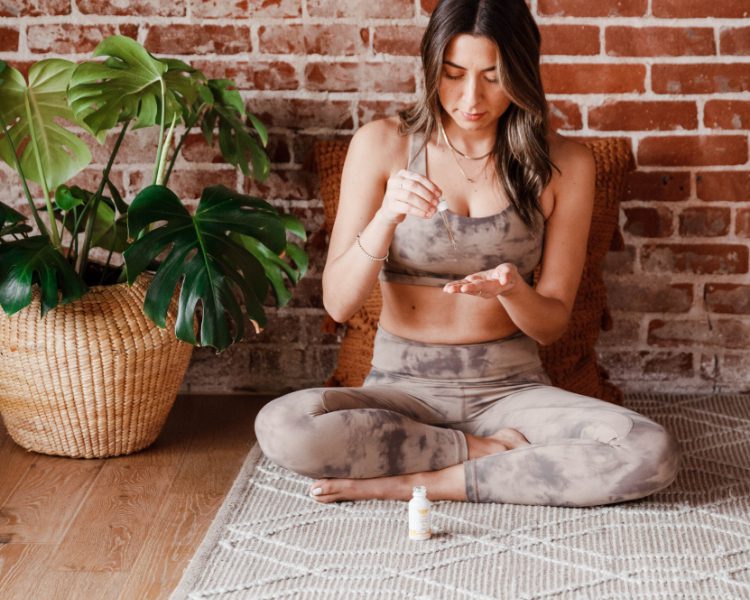
Sleep and rest
We all know that moms lose a lot of sleep in the first few months of having a baby. Sleep deprivation can lead to different mental and physical complications. So getting the support that you need is important. Speak up and let your husband or family members know that you need help in taking care of the baby.
Sleeping when the baby sleeps may not always be an option, but aim for it whenever possible. If you are a breastfeeding mom, try co-sleeping and side-lying nursing. These may help you get the sleep and rest you need but make sure that you are not on any medications with drowsy side effects, and are a nonsmoker.
Stay connected and ask for support
Sometimes it’s hard to admit that we struggle. That’s why mothers choose to battle PPD in silence. But this decision can hurt your mental health and even your baby. That is why seeking help and support is essential. Stay connected to your families and friends. Do not let the stigma or your concerns about what other people will say stop you from seeking help.
Other therapies that may help
If you are breastfeeding, you may choose not to take any prescription drug. Instead, you may venture into alternative therapies that offer relief and support your healing process. These include yoga, massage, acupuncture, light therapy, relaxation training, and meditation. Always talk to your doctor about the risk, effects, and possible outcomes of trying any of these therapies.
Final note
Postpartum depression is not a choice. It is a clear sign that your body and mind need help. So knowing what it is and the natural ways to help your healing process are vital for your postpartum depression journey. Also remember, PPD does not make you a bad mother. It may even allow you to better yourself for your child.
Shop our CBD Hemp Products
Muscle Gel 5000mg (8oz)
$60.00 — or Original price was: $60.00.$54.00Current price is: $54.00. / month
Sold out at the moment but will be back in stock soon
Add to CartMuscle Gel 2,000mg (100mL)
$30.00 — or Original price was: $30.00.$24.00Current price is: $24.00. / month
View Productsubscribe and get big discountMuscle Gel 1,000mg (50mL)
$20.00 — or Original price was: $20.00.$16.00Current price is: $16.00. / month
View Productsubscribe and get big discount
